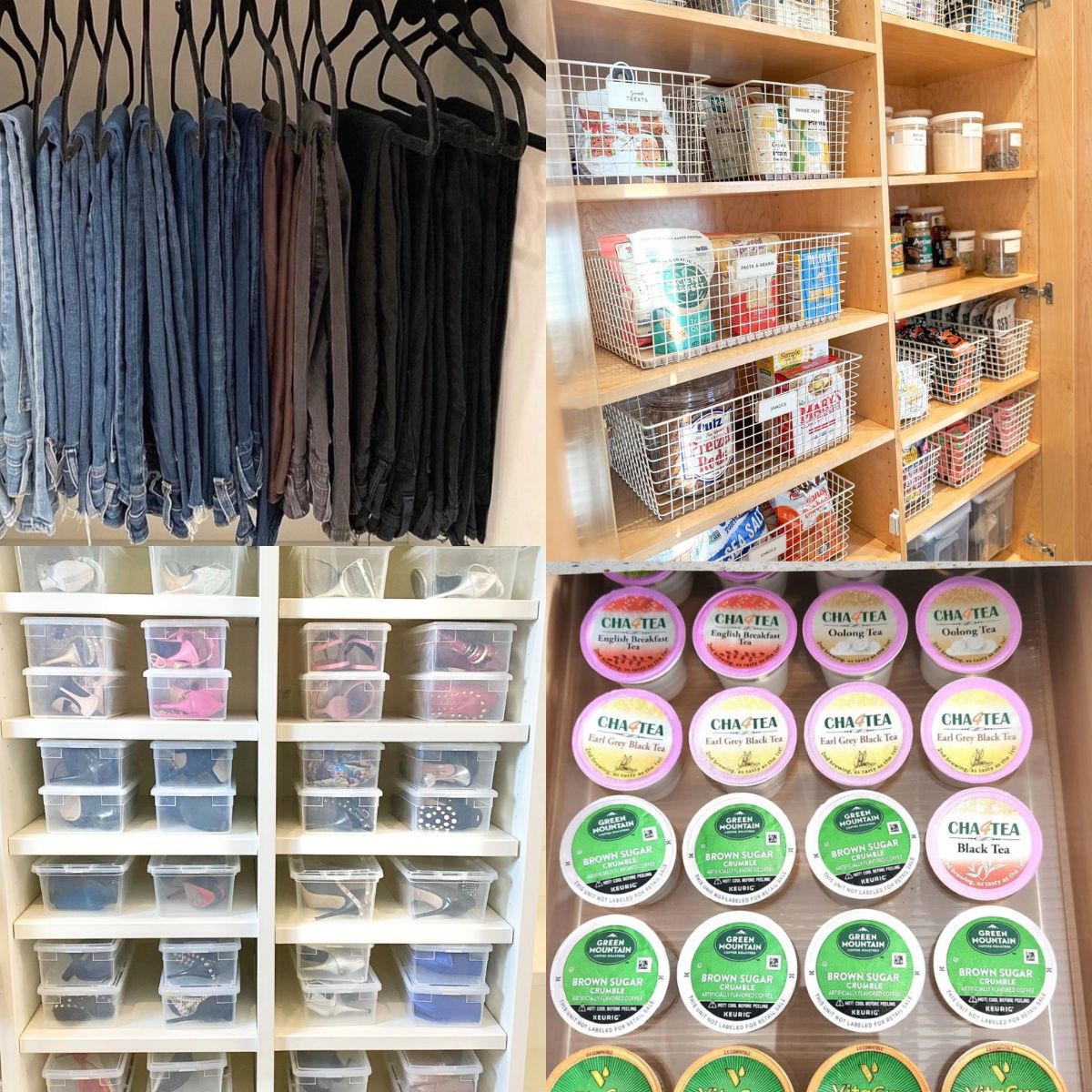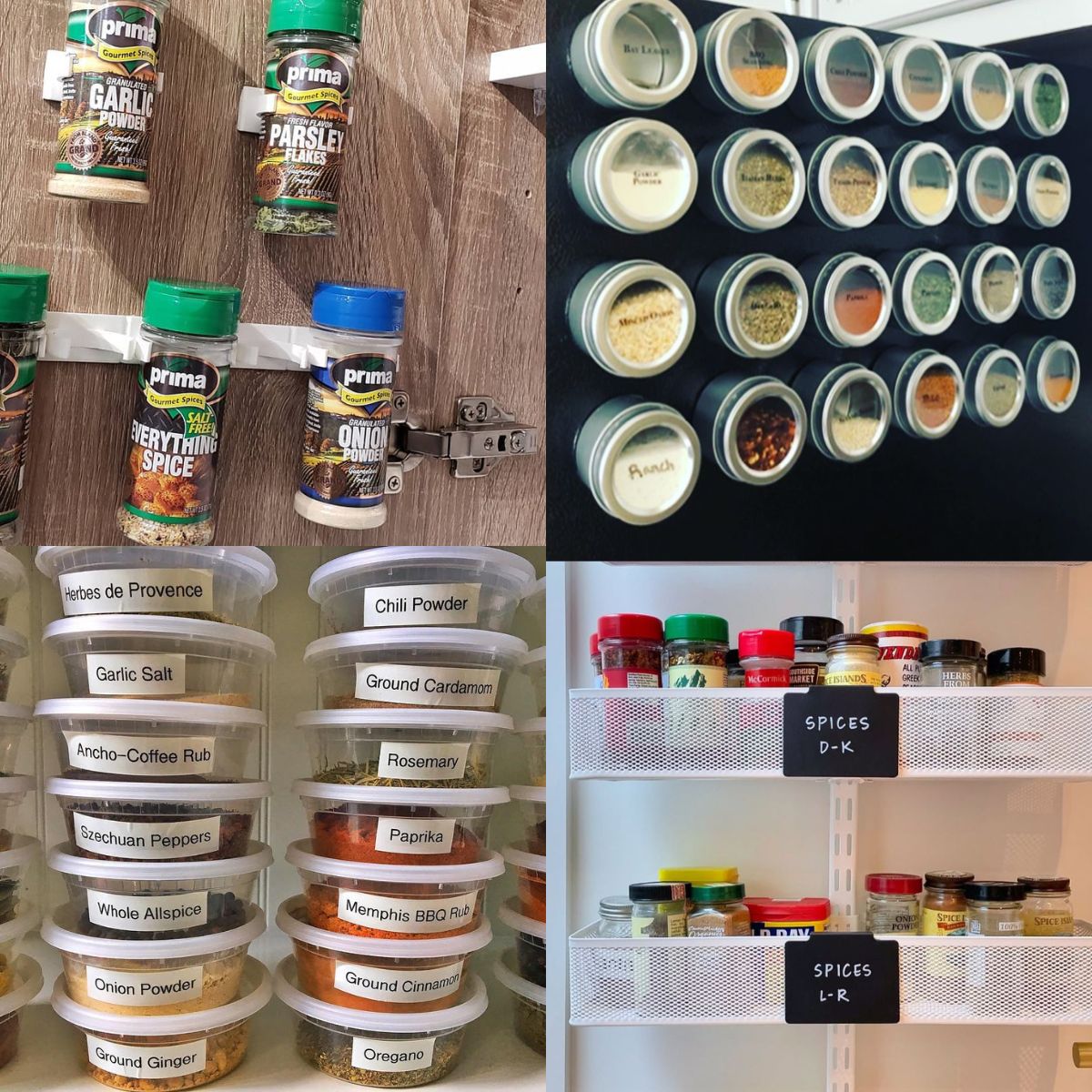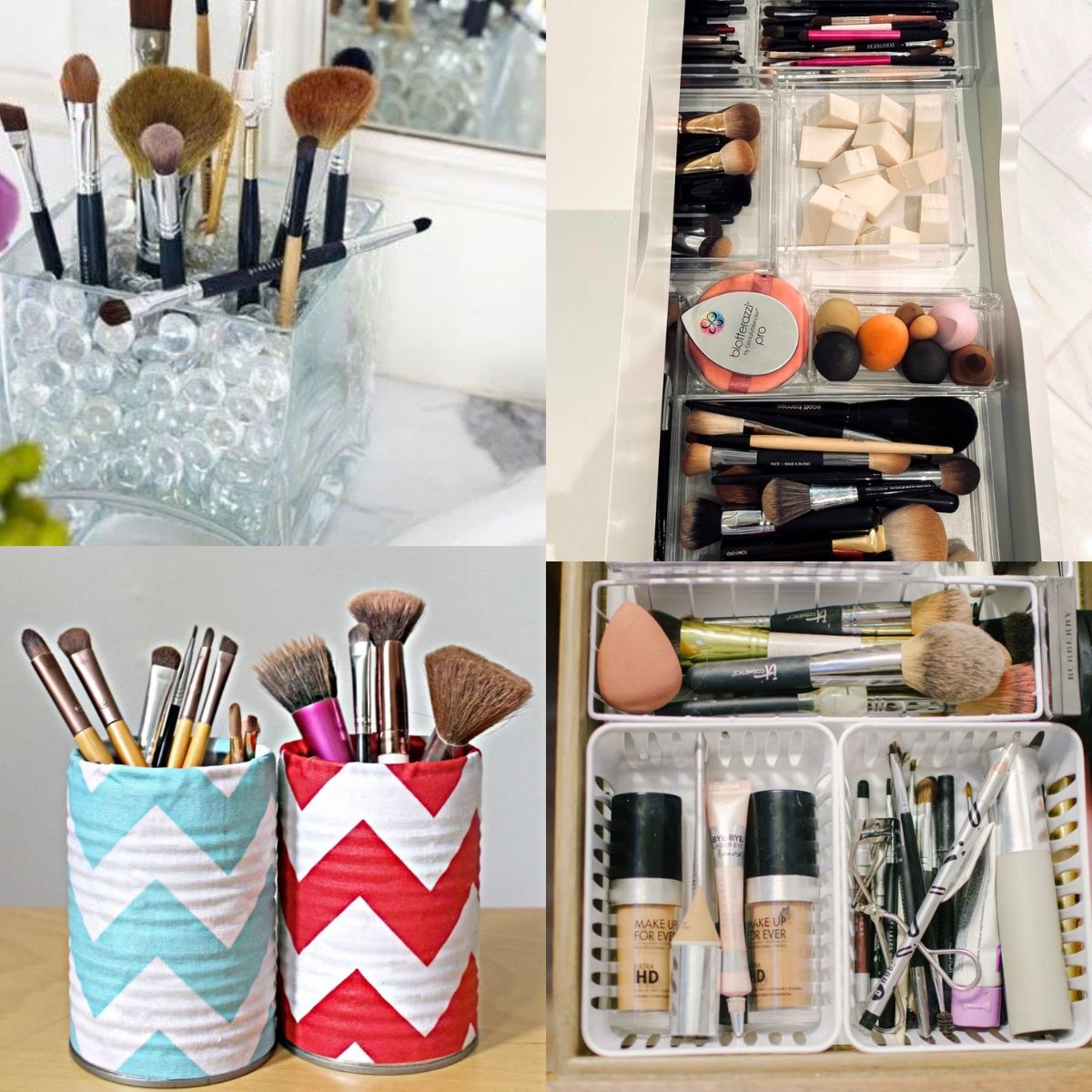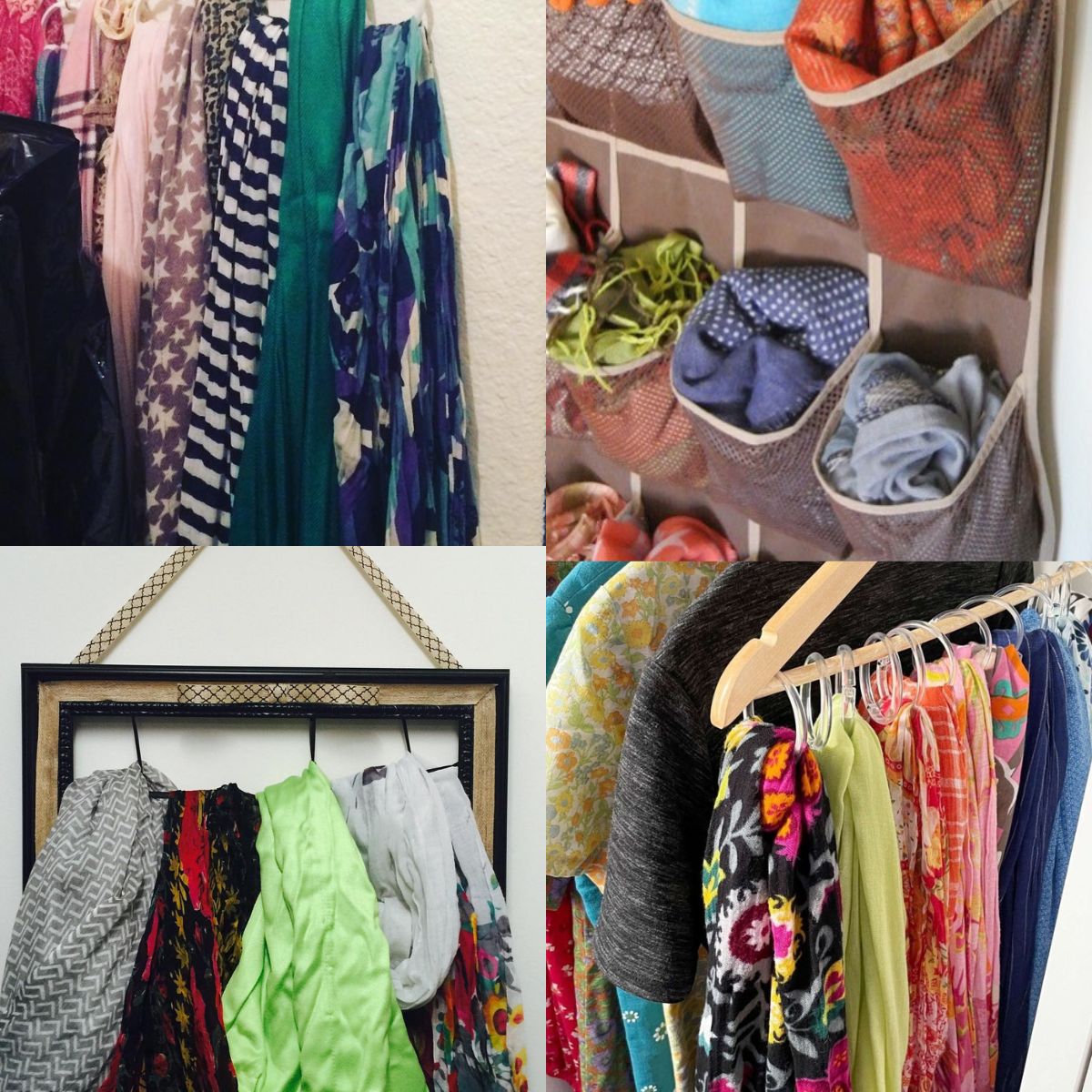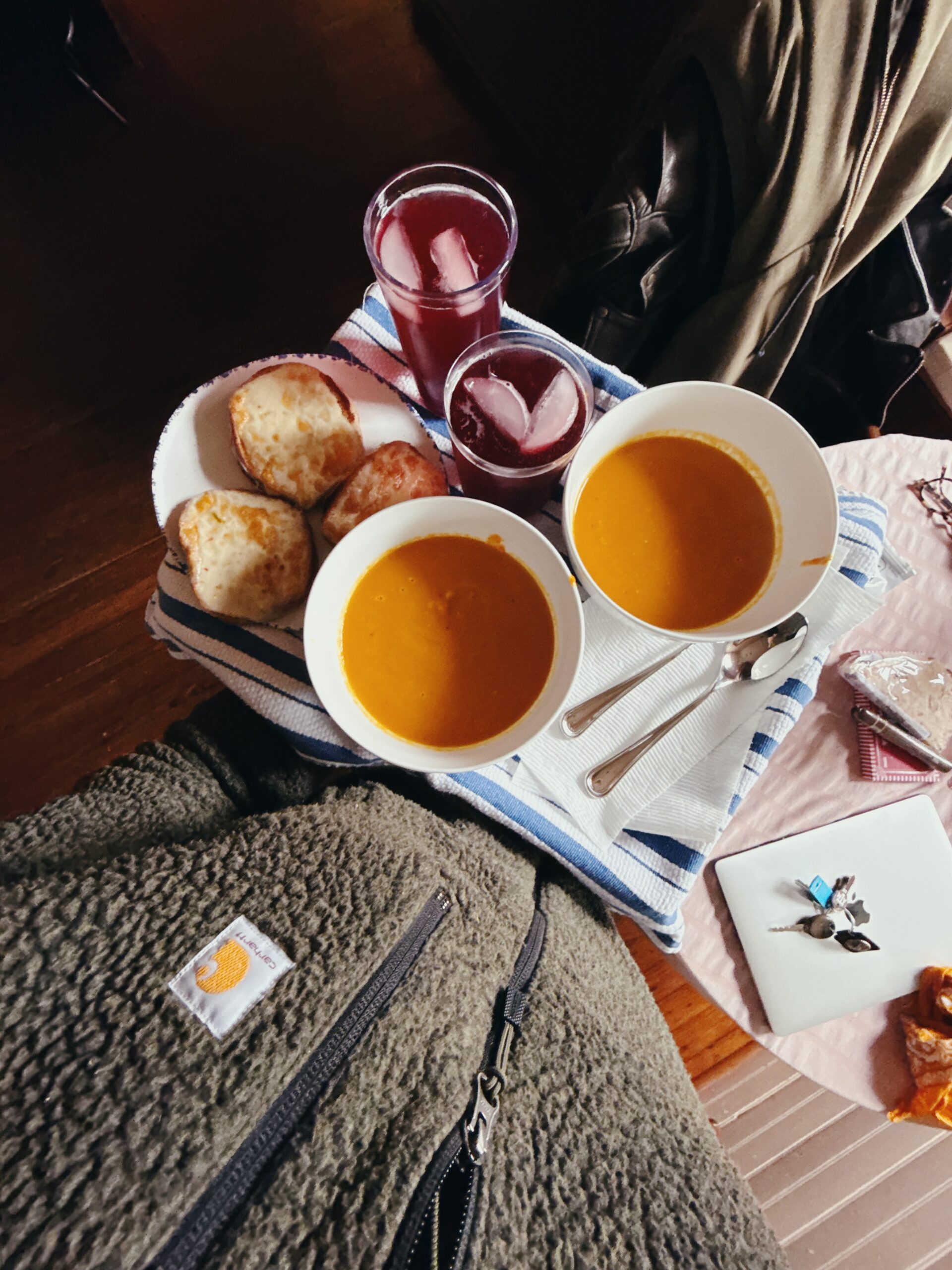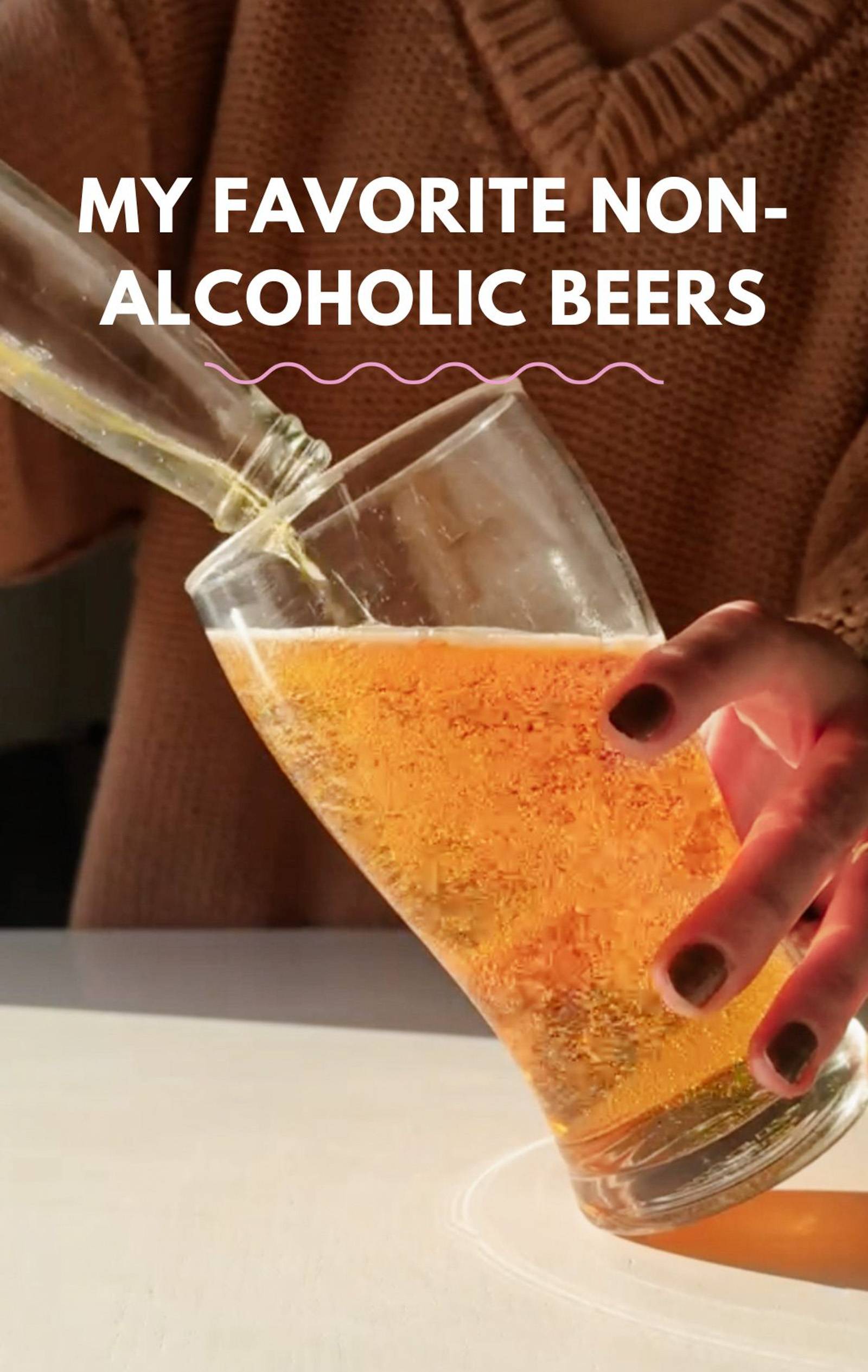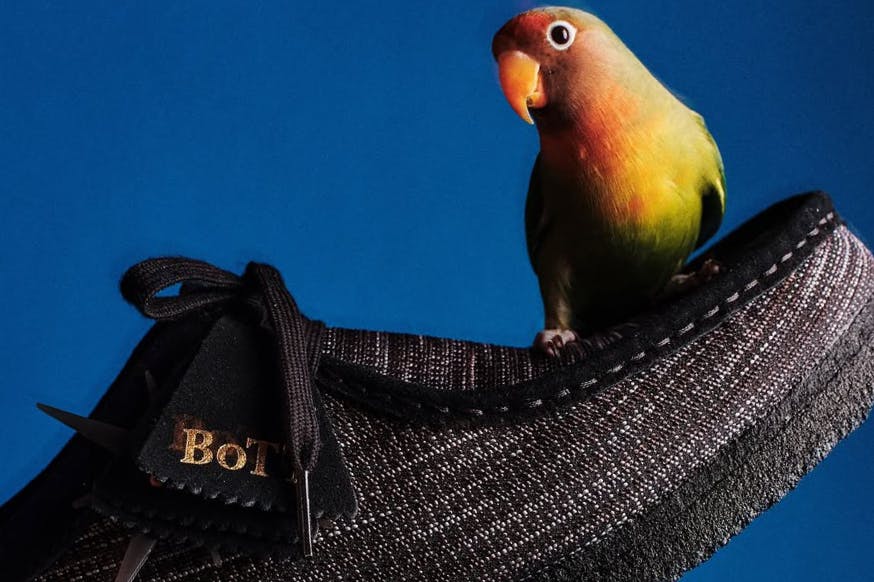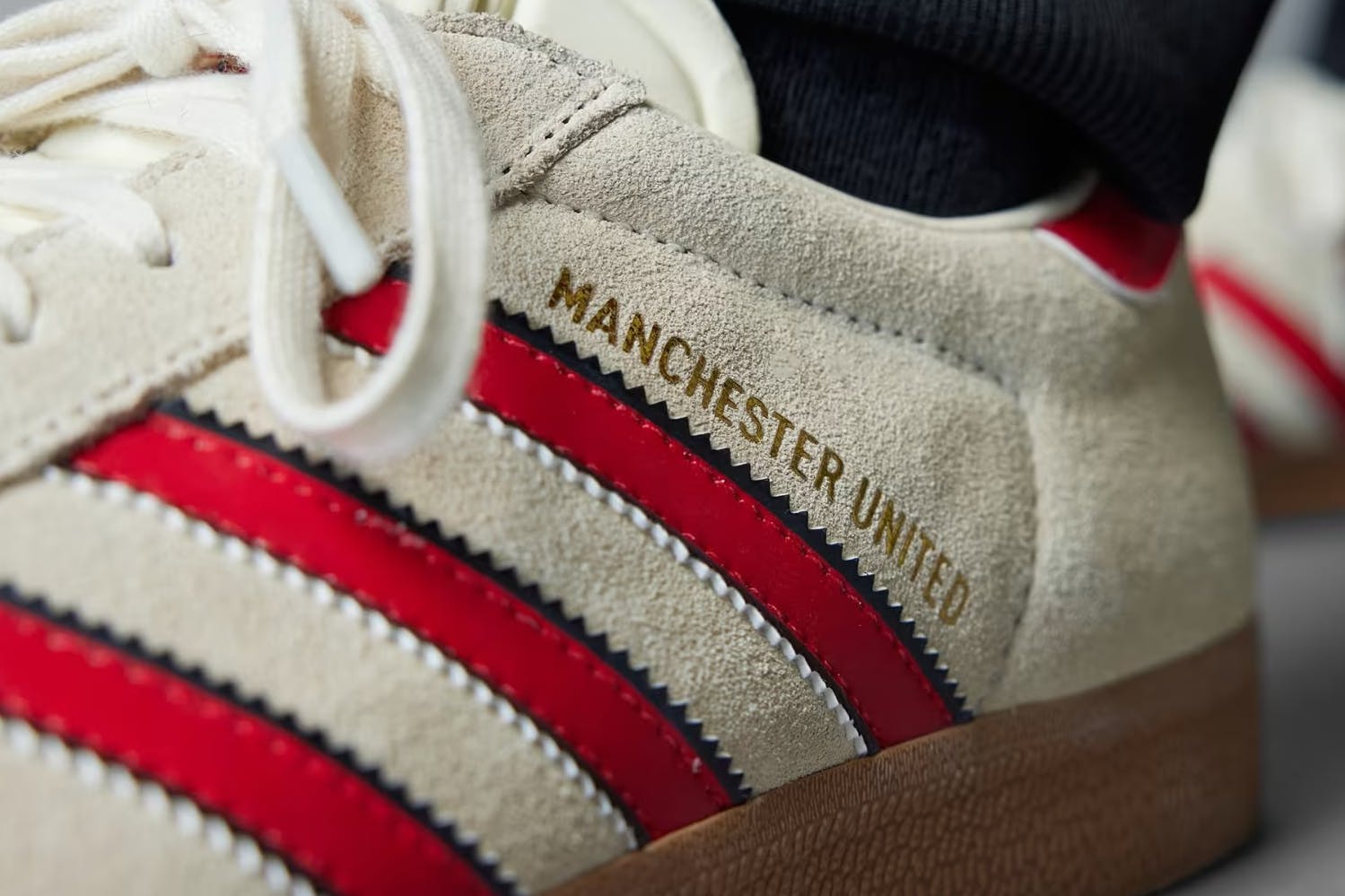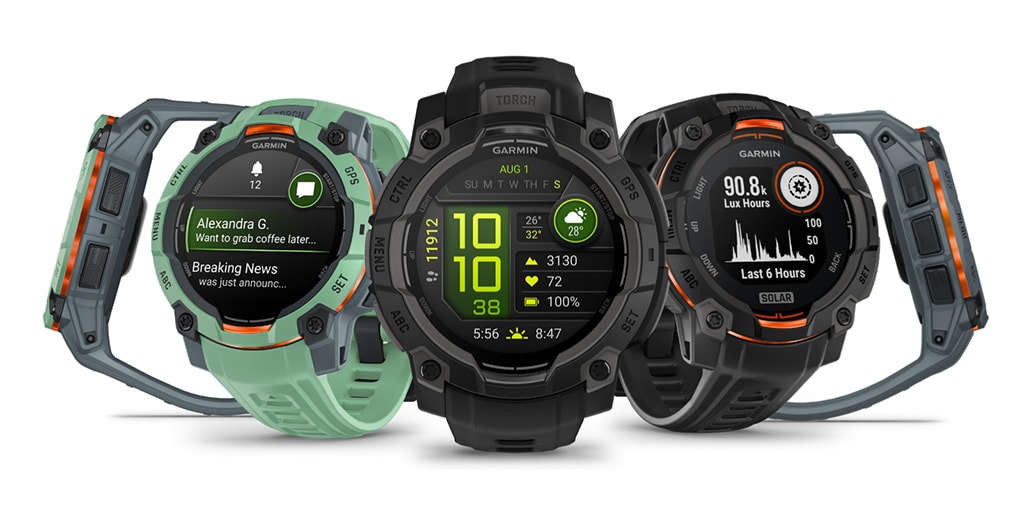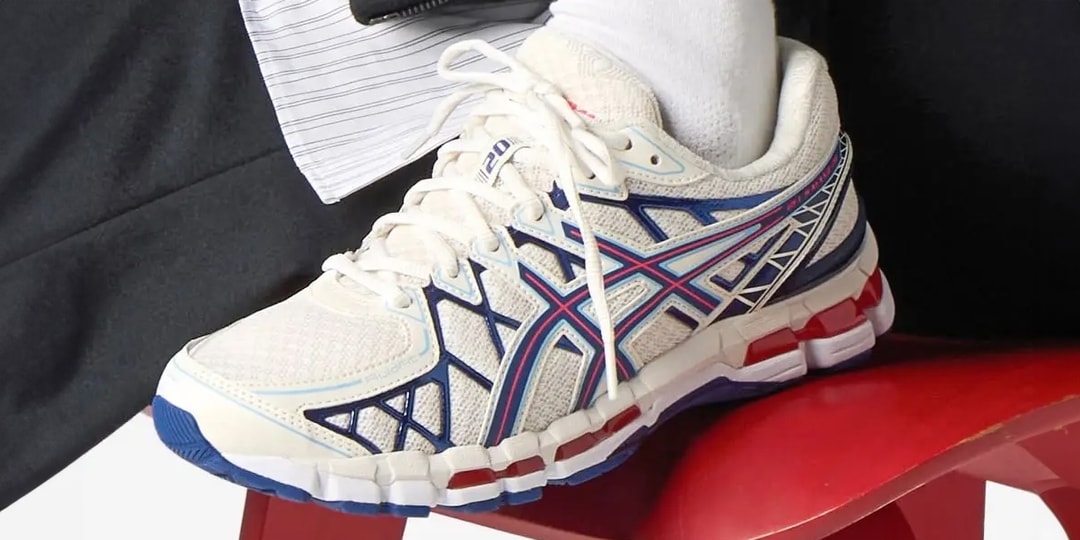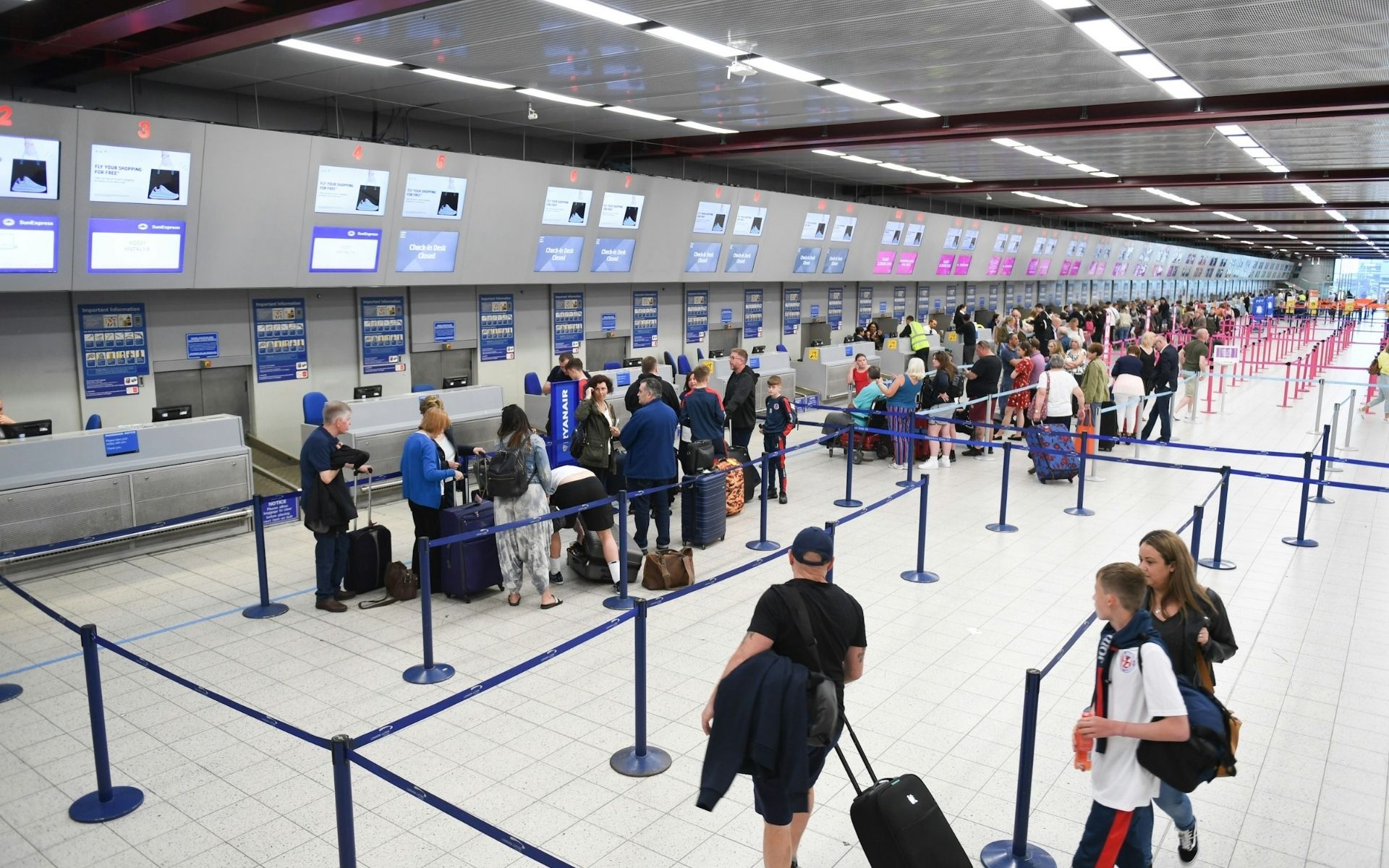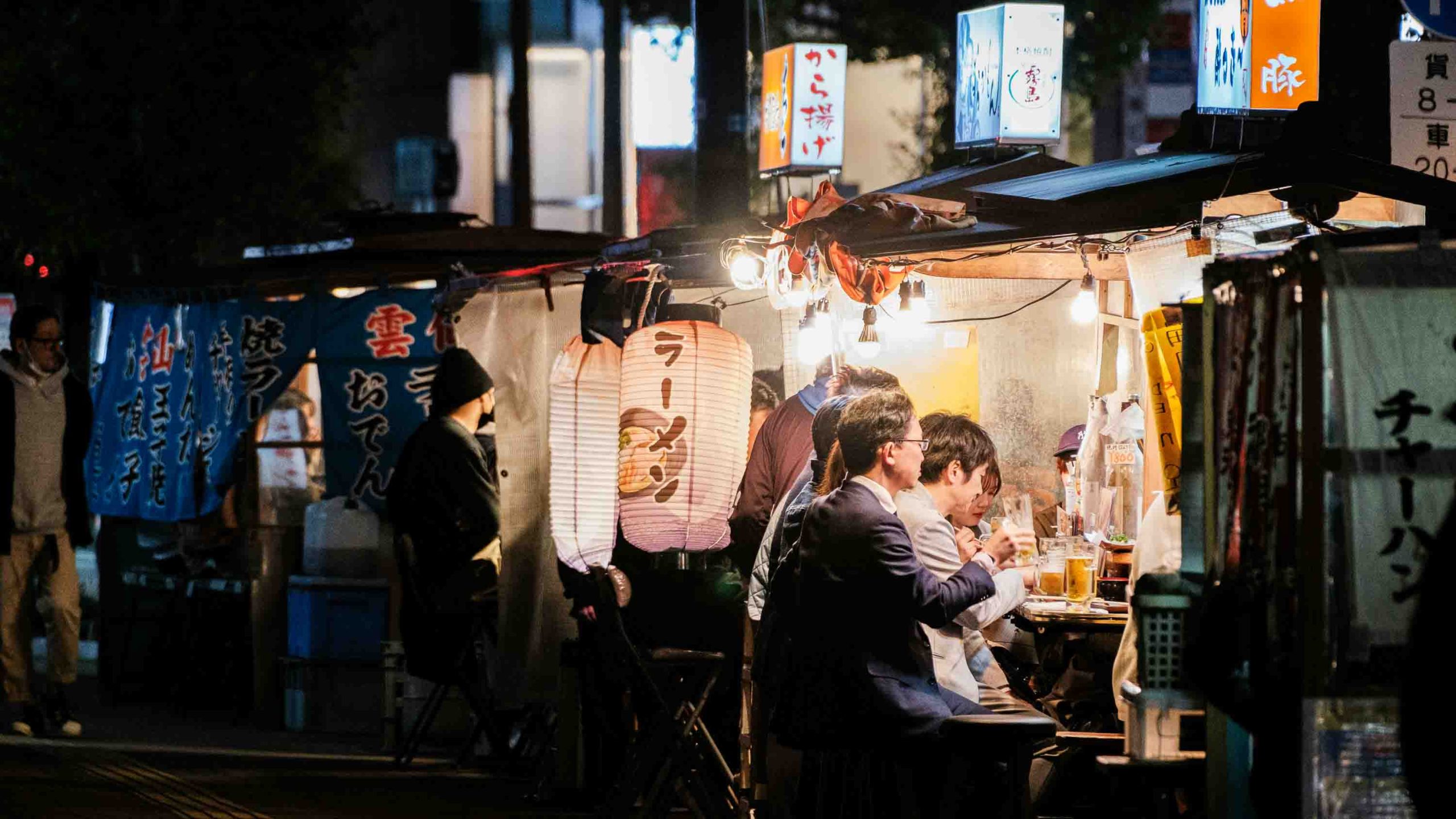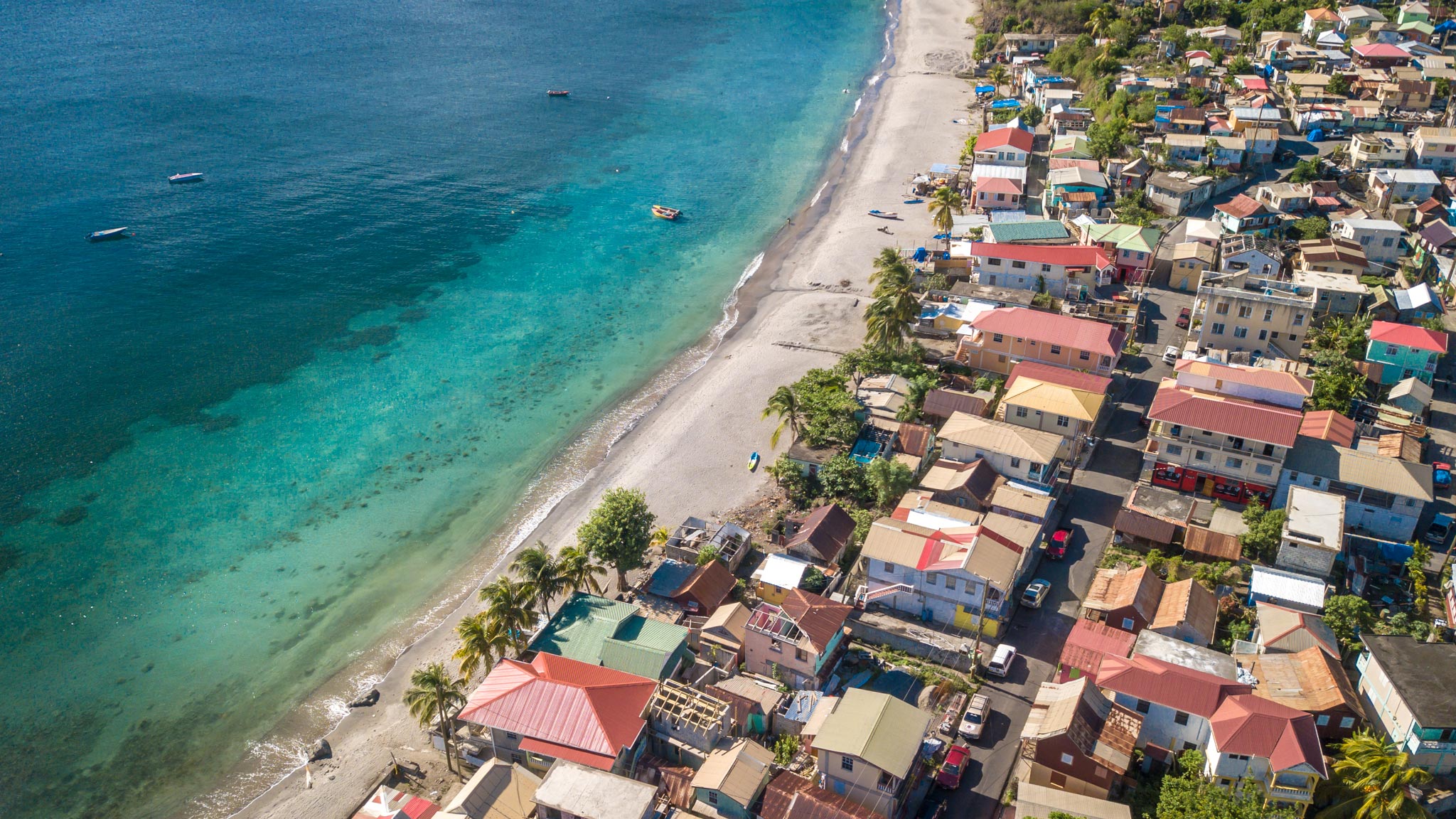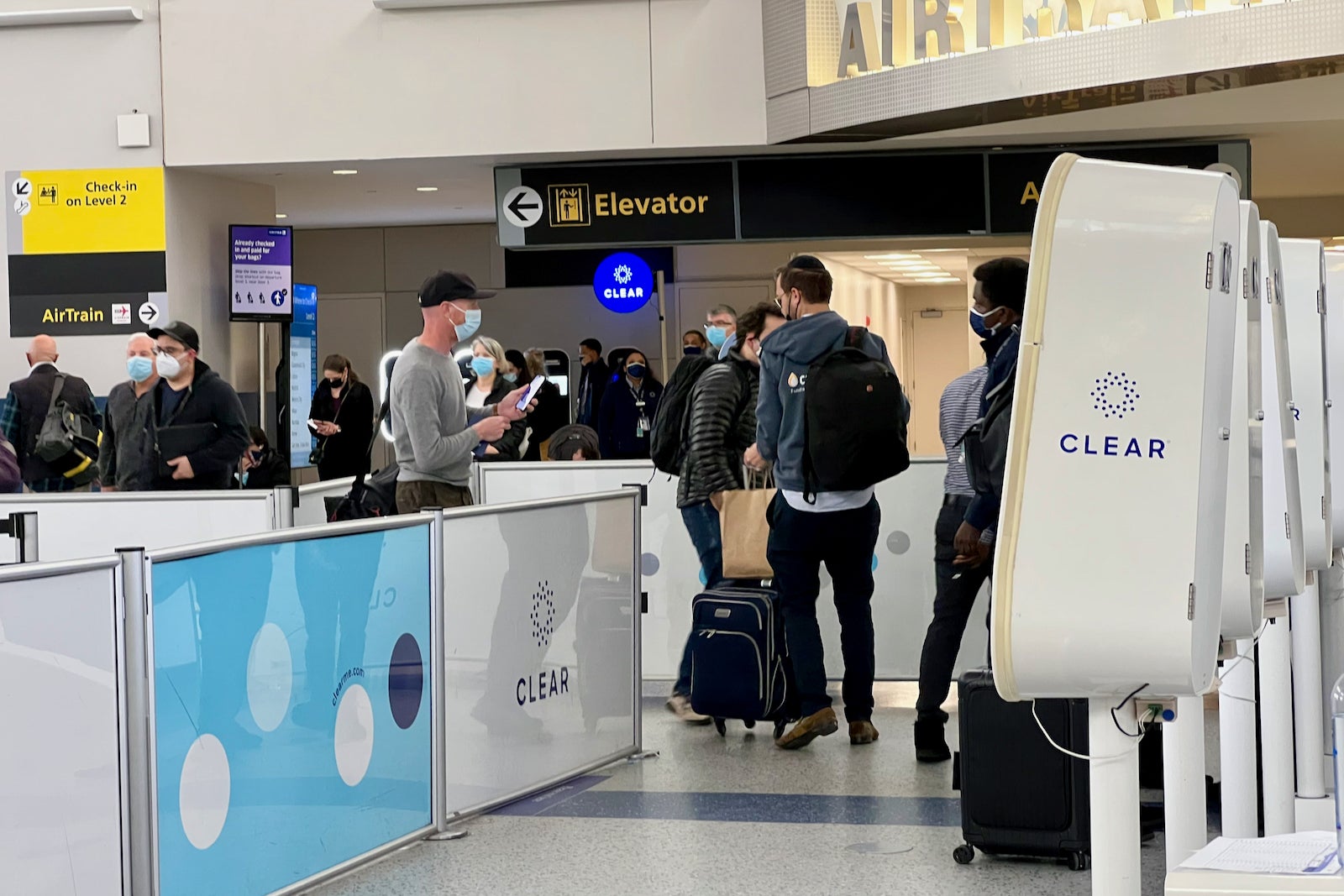Norovirus is on the rise in 2025 – here’s how to protect yourself when you cruise
Gastrointestinal illnesses are on the upswing this winter. Norovirus is chief among them, raising concerns for many travelers — particularly cruisers — that they might end up on the toilet instead of a sun lounger on their next vacation. Although cruises account for fewer than 1% of all annual norovirus cases in the United States, …

Gastrointestinal illnesses are on the upswing this winter. Norovirus is chief among them, raising concerns for many travelers — particularly cruisers — that they might end up on the toilet instead of a sun lounger on their next vacation.
Although cruises account for fewer than 1% of all annual norovirus cases in the United States, the enclosed communal spaces on ships provide environments that can facilitate rapid spread of the virus. Sharing confined spaces with ill people is one of the main ways norovirus spreads; that’s why it’s most common in nursing homes, hospitals and schools.
The U.S. Centers for Disease Control and Prevention reports that between Aug. 1, 2024, and Jan. 15, 2025, the number of nationwide cases reported was nearly double that of the same six-month period the prior year (both land-based and on cruise ships that call on U.S. ports). This year, the number of cases on cruise ships for the first six weeks of 2025 is more than triple the number it was during the same time frame in 2024.
So, what can you do to lessen the chances of contracting norovirus when you cruise?
Tips to avoid catching and spreading norovirus on a cruise
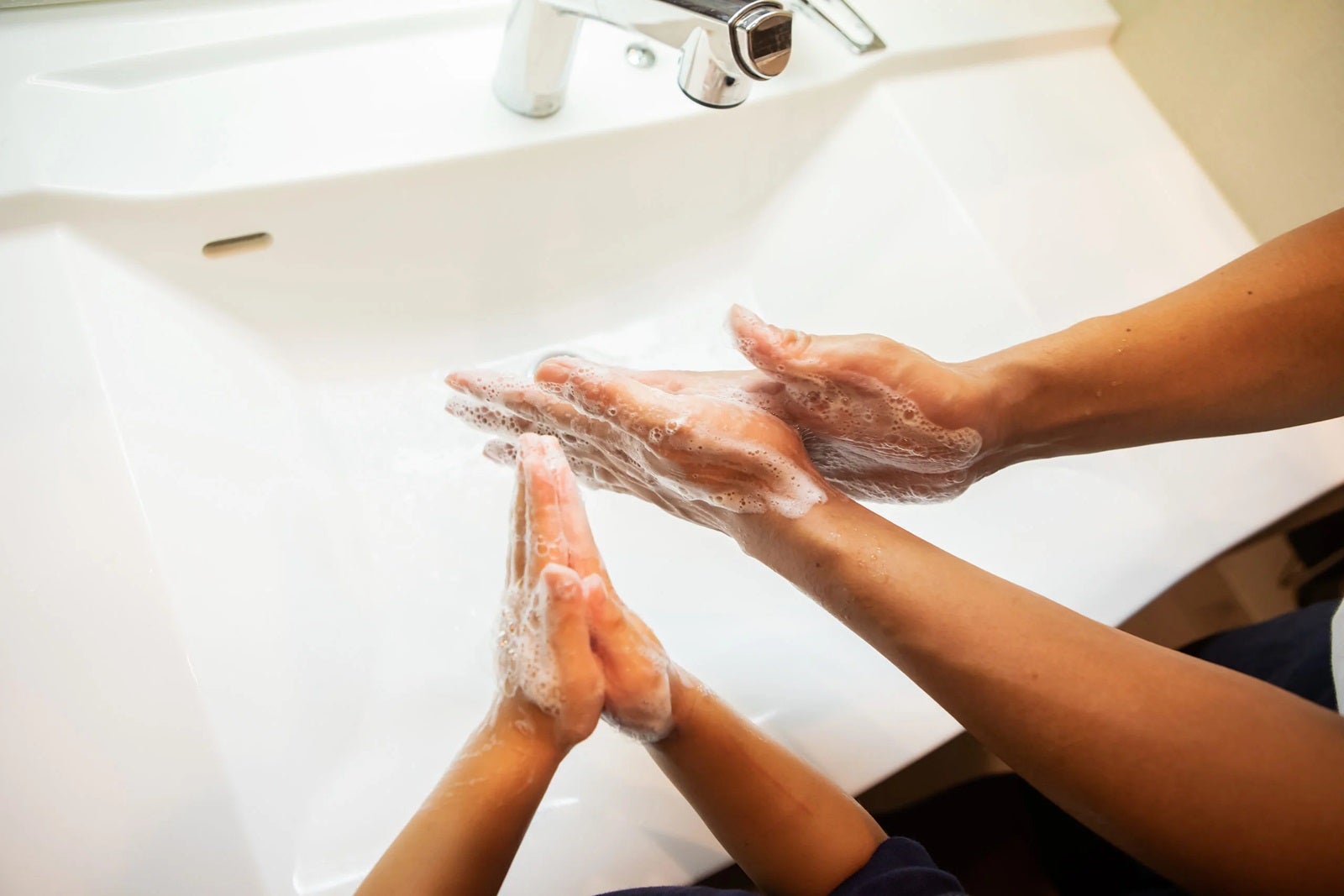
Wash your hands
The single most important thing you can do to avoid many illnesses, including norovirus, is to wash your hands — especially before eating, after using the restroom and after coming in contact with high-touch surfaces, such as stair rails and elevator buttons.
All cruise ship bathrooms are equipped with sinks, and most dining venues have restrooms nearby. Following the onset of the COVID-19 pandemic, most cruise lines also outfitted their buffets with sinks near the entrances for passenger convenience.
You should use hot water and soap, scrub for at least 20 seconds and make sure to clean between your fingers and under your fingernails before rinsing and drying thoroughly.
Apply hand sanitizer
Hand sanitizer is not a substitute for thorough and frequent handwashing, but it works well in a pinch when a sink with water and soap isn’t available. Ships have dispensers stationed in many highly trafficked areas on board. It’s also good to carry a small bottle with you when you travel and to get into the habit of using it between handwashing sessions.
Create a buffer
Using a tissue, paper towel or even an upper part of your sleeve to open doors and push elevator buttons is a great way to avoid coming in contact with potentially contaminated surfaces. When used in conjunction with handwashing and sanitizing, it can help to keep you even safer.
Cover your nose and mouth
The CDC says norovirus is spread when particles from an infected person land on a surface and are then accidentally ingested by someone else. Although norovirus doesn’t cause coughing or sneezing, that doesn’t mean you won’t cough or sneeze when you have it. It’s important to cover your nose and mouth properly; you don’t want to be the person who spreads their germs to others.
To make sure that you don’t stifle your cough or sneeze only to spread particles onto surfaces with your hands, make sure to cover your mouth and nose by leaning into your shoulder or by shielding them with the crook of your arm instead of your hands.
Skip the buffet
Crew do an excellent job of keeping food service areas clean, but buffets are one of the easiest places for germs to spread, due to their self-service nature. If you want to take extra precautions against norovirus, opt instead for meals at onboard restaurants where waiters serve you at your table or hand you your food at a counter.
If you do decide to brave the buffet, it’s a good idea to wash your hands both before you fill up your plate (so you don’t contaminate the communal serving utensils) and after you get your food but before you eat (to clean your hands after touching said utensils).
And, whatever you do, never grab food from the buffet with your bare hands. Not only is it rude, but it’s also unsanitary.
Related: Cruise ship buffet taboos: 10 things you should never do at mealtime
Don’t share drinks or utensils
Because norovirus is spread through particles from ill people, it’s a good practice to avoid sharing drinks, utensils, food and other items that could be infected with bodily fluids — even with those in your travel party.
Be responsible
If you’re feeling sick, do your fellow passengers a favor and stay home. Your travel insurance (or qualifying credit card) might be able to reimburse you for your missed sailing if you fall ill before embarkation, including with norovirus. Be honest on your health form on boarding day. After all, it’s far less frustrating to be stuck in the comfort of your home than in a cruise ship cabin in the event that you need to isolate.
If you become ill after you set sail, stay in your cabin and alert the medical center. They’ll make sure your needs are met.
How cruise lines fight norovirus on ships

Precruise screening
Prior to boarding, your cruise line will ask you to fill out a health questionnaire, either via the mobile app or at the terminal when you arrive. Expect to answer questions about whether you’ve had symptoms commonly associated with gastrointestinal illnesses — including norovirus — such as vomiting and diarrhea. Please answer them truthfully, as they could prevent you from spreading misery to others.
Sanitizing of high-touch areas
Cruise ships employ entire teams of crew members to keep public areas clean and sanitized. You’ll likely see them throughout your vessel, cleaning bathrooms, wiping down tables and scrubbing elevator buttons, all of which help to quell the spread of illness.
Food handling training for crew
One of the ways norovirus is transmitted is through food that has been contaminated with germs from an ill person. With that in mind, cruise lines are strict about their food storage and handling procedures. They also go to great lengths to train crew in proper hygiene, including thorough and frequent handwashing, especially after using the toilet.
As part of the CDC’s Vessel Sanitation Program, training is available to help cruise ship supervisors teach their staff about stopping the spread of foodborne illnesses. The VSP lays out guidelines for sanitation and cleanliness procedures on cruise ships; as part of this program, the CDC conducts unannounced inspections to ensure compliance.
Water filtration and purification
Another way noroviruses are transmitted is through contaminated water. Every cruise ship has its own extensive water filtration and purification system, which removes contaminants and pathogens, including norovirus. That means water from dispensers in the buffet and from taps in cabin bathrooms is safe to drink.
Isolation and quarantine
If passengers begin reporting norovirus symptoms, cruise ship staff will isolate them in their cabins for several days (or possibly for the duration of the voyage, depending on its length) and quarantine those in their travel party. They will deliver meals to them at regular intervals and might post someone outside the door to ensure that they don’t leave and potentially infect other cruisers.
Although it’s a huge disappointment to miss your vacation if you’re sick, you likely wouldn’t feel well enough to be out and about anyway. Plus, it allows other people to continue to enjoy their time on board with less of a chance of catching what you have.
Cancellation of next sailing(s)
If enough people become sick with gastrointestinal illness or if a ship has outbreaks on several voyages in a row, the cruise line might opt to cancel one or two of the subsequent cruises on that ship in order to conduct an intense cleaning of the vessel. Sanitation teams spray, scrub and disinfect all areas in a way that’s more thorough than what would be possible with passengers on board, ensuring that the spread stops before the next group of cruisers embark.
Read more about staying healthy and safe when you sail:
- How common is norovirus on cruise ships? Here’s what you need to know
- How to avoid getting sick on a cruise
- What happens if you get sick on a cruise?
- Do cruise ships have doctors, nurses, medical centers or hospitals?
- How to eat healthy on a cruise
- Are cruise ships safe? Here’s what you need to know about cruise ship security and safety

![First pictures of RED V-RAPTOR [X] and Komodo [X] cinema cameras with Nikon Z-mount leaked online](https://nikonrumors.com/wp-content/uploads/2025/02/RED-V-RAPTOR-X-Z-Mount-and-Komodo-X-Z-mount.webp)


























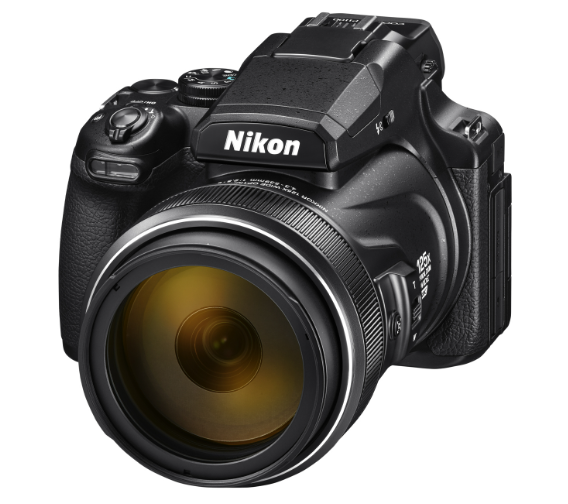

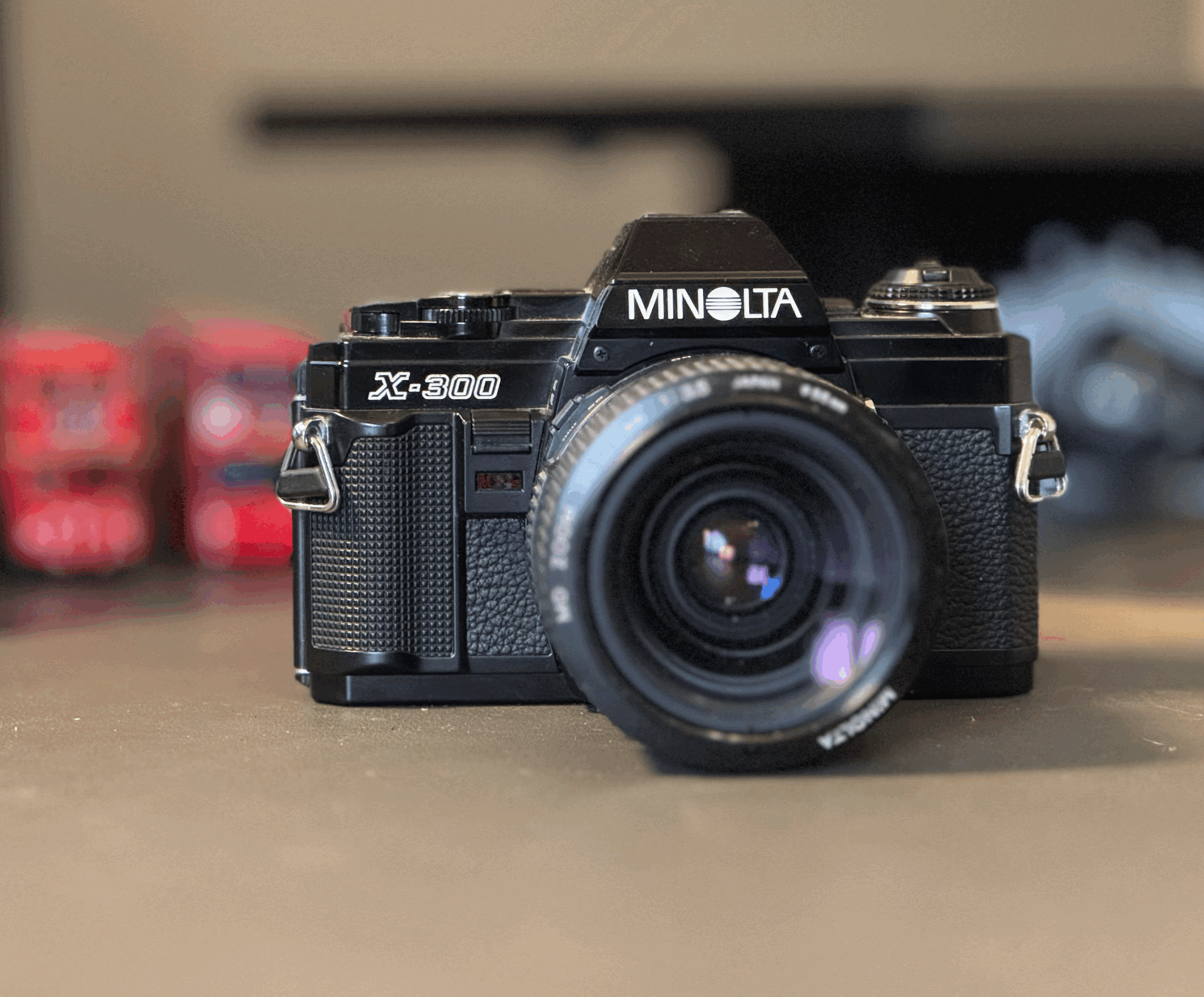


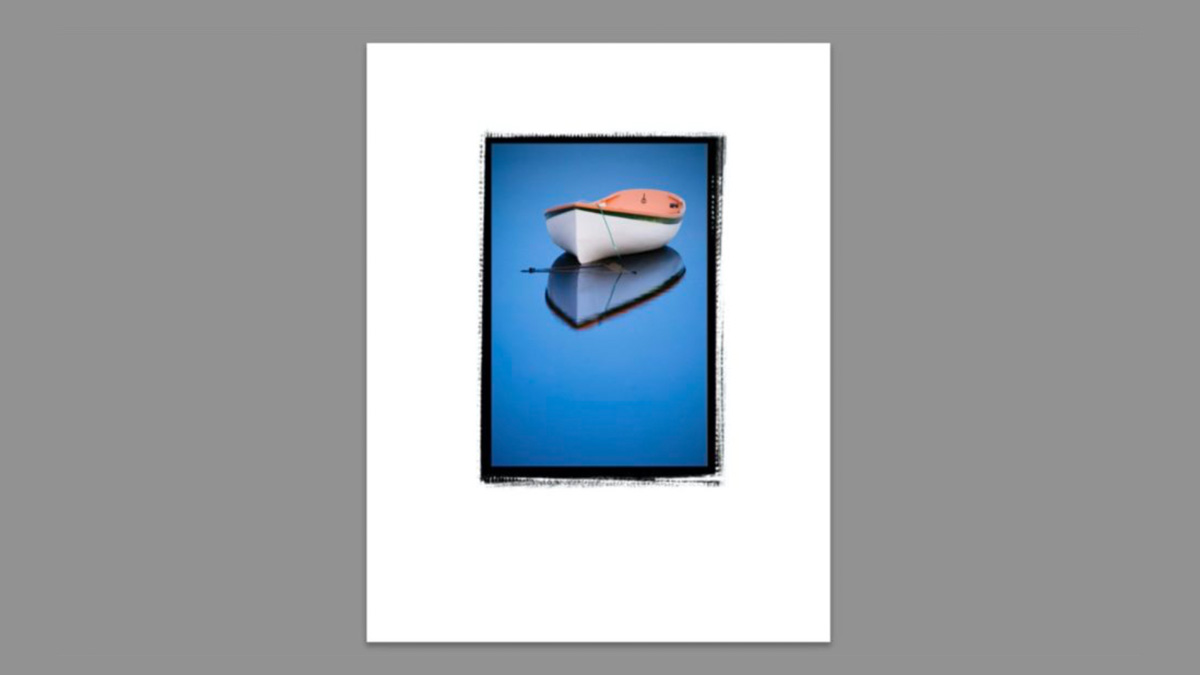


![RED V-RAPTOR [X] video camera with Nikon Z-mount mockup](https://nikonrumors.com/wp-content/uploads/2025/02/RED-V-RAPTOR-X-video-camera-with-Nikon-Z-mount-mockup.jpg)

















![Complete Verse Piece Fishing Guide [Los Lobos] – How to Get Fishhooks, Baits, & More](https://www.destructoid.com/wp-content/uploads/2025/02/verse-piece-fishing-guide.webp)
































.png?width=1920&height=1920&fit=bounds&quality=80&format=jpg&auto=webp#)









